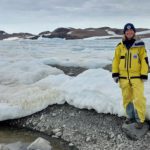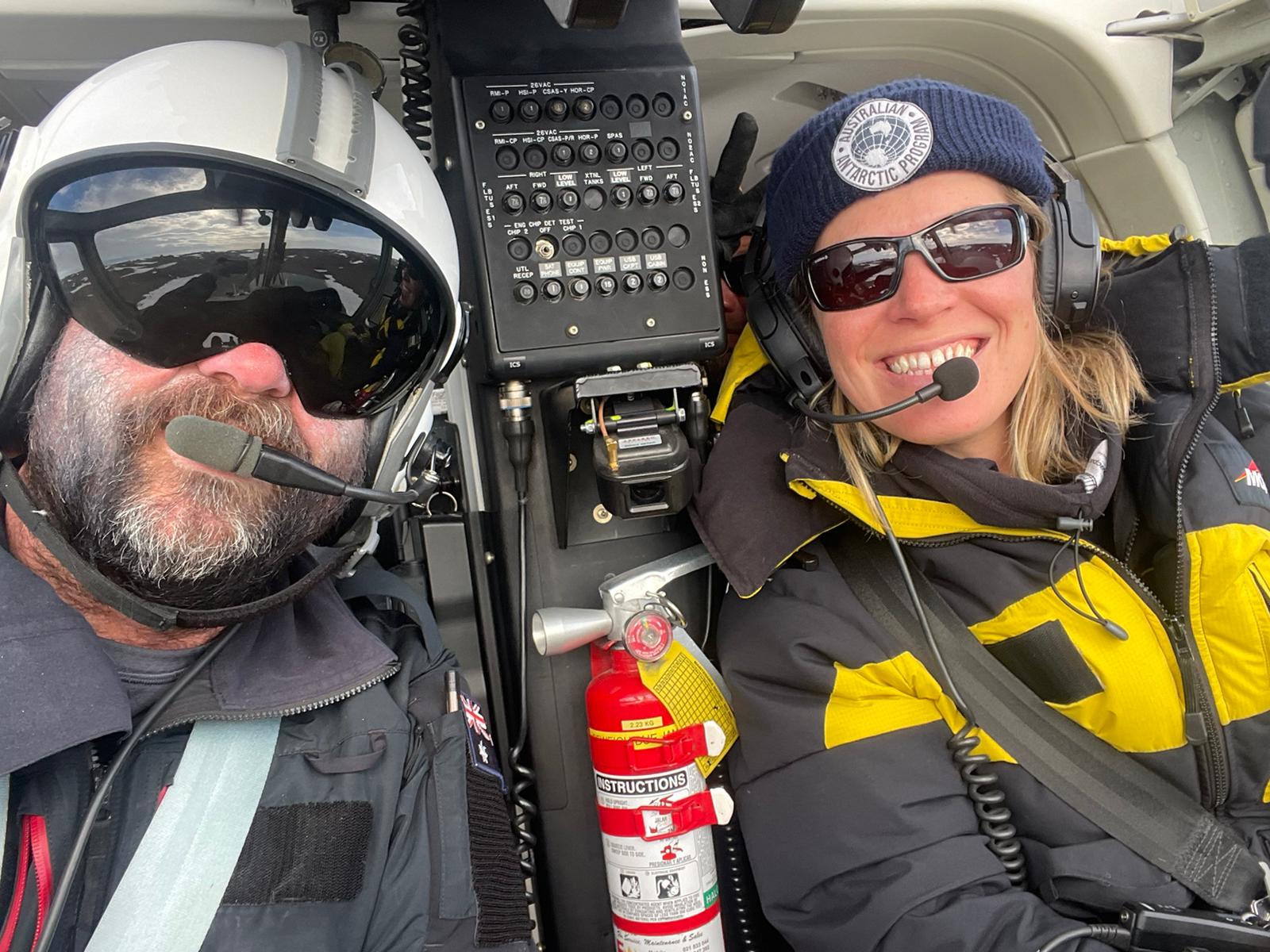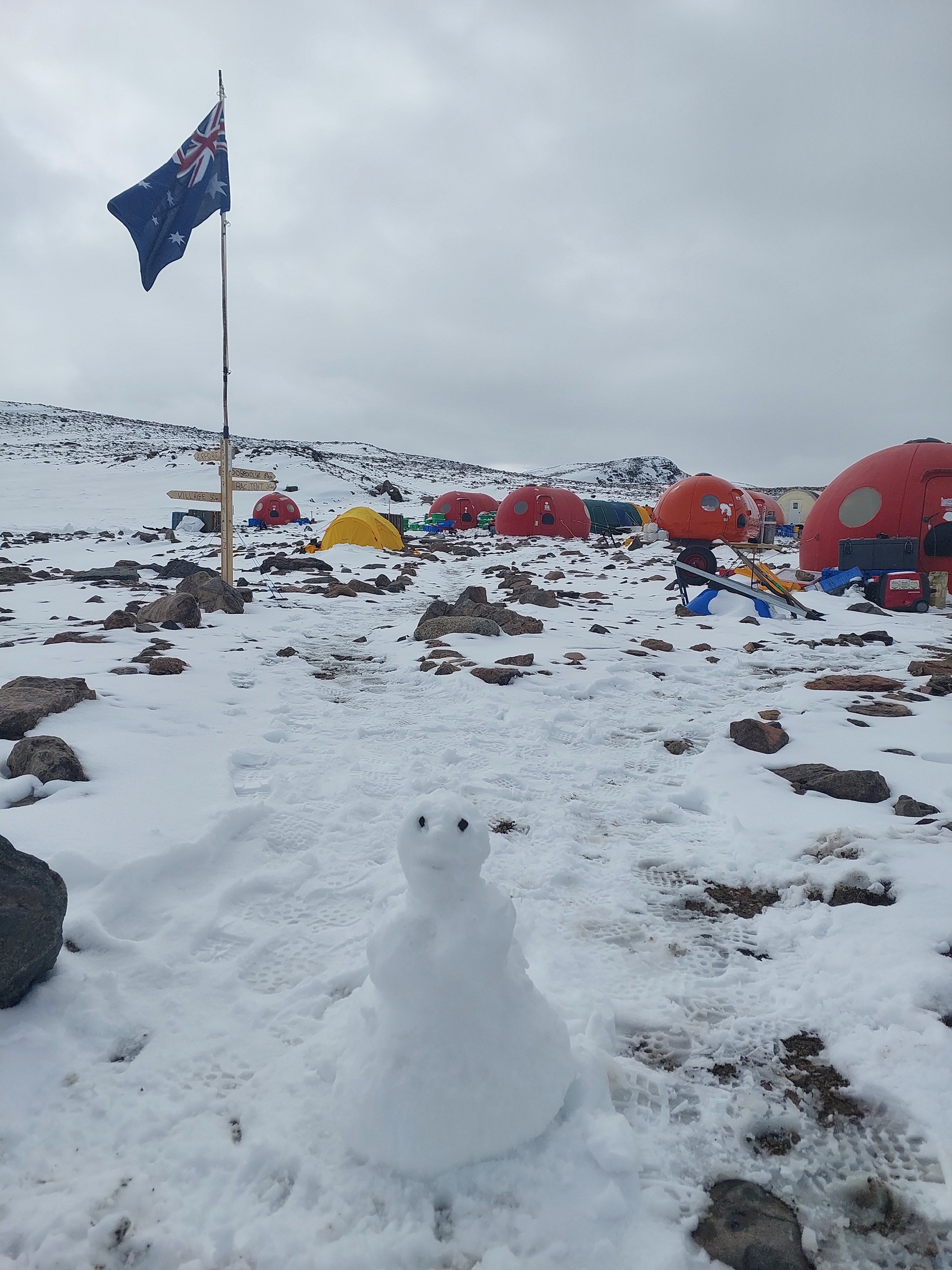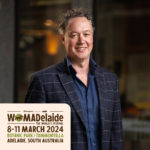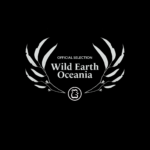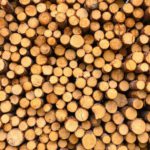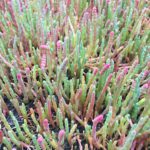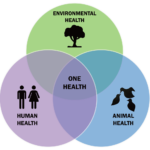We are thrilled to have Dr Isabelle Onley as our guest blogger today! She recently embarked on adventurous expedition with the Australian Antarctic Program to the remote Edgeworth David Base in East Antarctica. Follow along as she shares her incredible summer in the icy wilderness.
In the summer of 2023/2024, I had the opportunity to participate in one of the most ambitious scientific campaigns run by the Australian Antarctic Program in the last twenty years. I was part of a group of 27 scientists who travelled to the remote Edgeworth David Base in the Bunger Hills, approximately 450 km from Casey Station, in East Antarctica. With researchers from many disciplines and institutions participating in the season, our collective goal was to gain further insight into the region, particularly the systems associated with the Denman Glacier. Living in tents alongside glaciologists, geologists, and geophysicists, I worked as part of the seabird ecology team to survey and monitor the wildlife of the Bunger Hills.
A typical day as a seabird ecologist living at Edgeworth David included waking up early to pack our survival bags with everything we might need for a day of surveying, as well as communications gear, and emergency equipment in case of an unexpected change in weather that might force us to bunk down in temporary shelters for the night. After a morning weather briefing, we would head down to the frozen epishelf lake next to camp where the helicopters waited to take us out to our surveying location. Heli-commuting is a surreal but necessary experience when conducting Antarctic fieldwork! Once on the ground at our chosen site, we would establish communications with the team back at base, and then hike to pre-determined 50x50m GPS quadrants that we would survey for cavity nesting bird species, including snow petrels and Wilson’s storm petrels. At some nest sites, we sampled snow petrel mumiyo, an oily substance that the birds produce in their stomachs and which builds up in the nest cavities over time. Towards the end of the season, we were lucky enough to see snow petrel chicks! Because of the potential risk of avian influenza in Antarctica this season, we wore personal protective equipment whenever we surveyed or sampled seabird nests. At the end of a day of field work, we would be picked up by one of our fantastic helicopter pilots and brought back to camp. This allowed us to travel all around the Bunger Hills and work in some truly spectacular areas. Another task that the seabird team undertook was visiting sites for proposed satellite camps and ensuring that no birds would be disturbed by these activities. The findings of our surveys will contribute to a broader piece of work estimating the distribution and abundance of seabirds in East Antarctica.
Life at camp in Bunger Hills was modest but comfortable – we enjoyed fantastic cooking by our chef, and even had internet access! We slept in tents, often needing sleep masks due to the 24 hours of daylight, and ear plugs when the winds picked up – at one point, we had winds gusting up to 140 km/h! Mostly, though, the stillness of the Antarctic wilderness would truly set in in the evenings once the generator was turned off and the last game of Monopoly Go or Bananagrams wound up in the communal mess tent. The cold weather certainly took some adjusting to, but thankfully we had a fantastic doctor at the camp to deal with all our chilblains and polar hands.
To protect the sensitive and pristine environment at the Bunger Hills, all human waste was handled with great care. We collected grey water and liquid waste in large tanks that were periodically slung out to a designated waste disposal site, while solid waste was brought back to Casey Station to be incinerated. This made daily ablutions an interesting task, and all washing of clothes and bodies was done using a bucket and as little water as possible!
Despite the logistical challenges of life in a deep field camp in Antarctica, the experience fostered an amazing sense of camaraderie amongst the community, which included not only the scientists but an incredible team of support staff without whom our research would not have been possible. This community spirit, as well as the opportunity to work in an incredible wilderness and participate in an historic scientific campaign, has made this summer a truly once-in-a-lifetime experience.
Listen to Isabelle talk about her science journey and about her Antarctic adventure with ABC Radio here.
Read more about the Antarctic research
About our guest blogger
Dr Isabelle Onley is a post doctoral researcher for ARC SRI Securing Antarctica’s Environmental Future in Dr Phill Cassey‘s Invasion science and wildlife ecology research team. Her interests and areas of expertise include reintroduction biology, conservation genetics, ecology, and morphology, with a key focus on innovative approaches to conservation in a changing climate.

